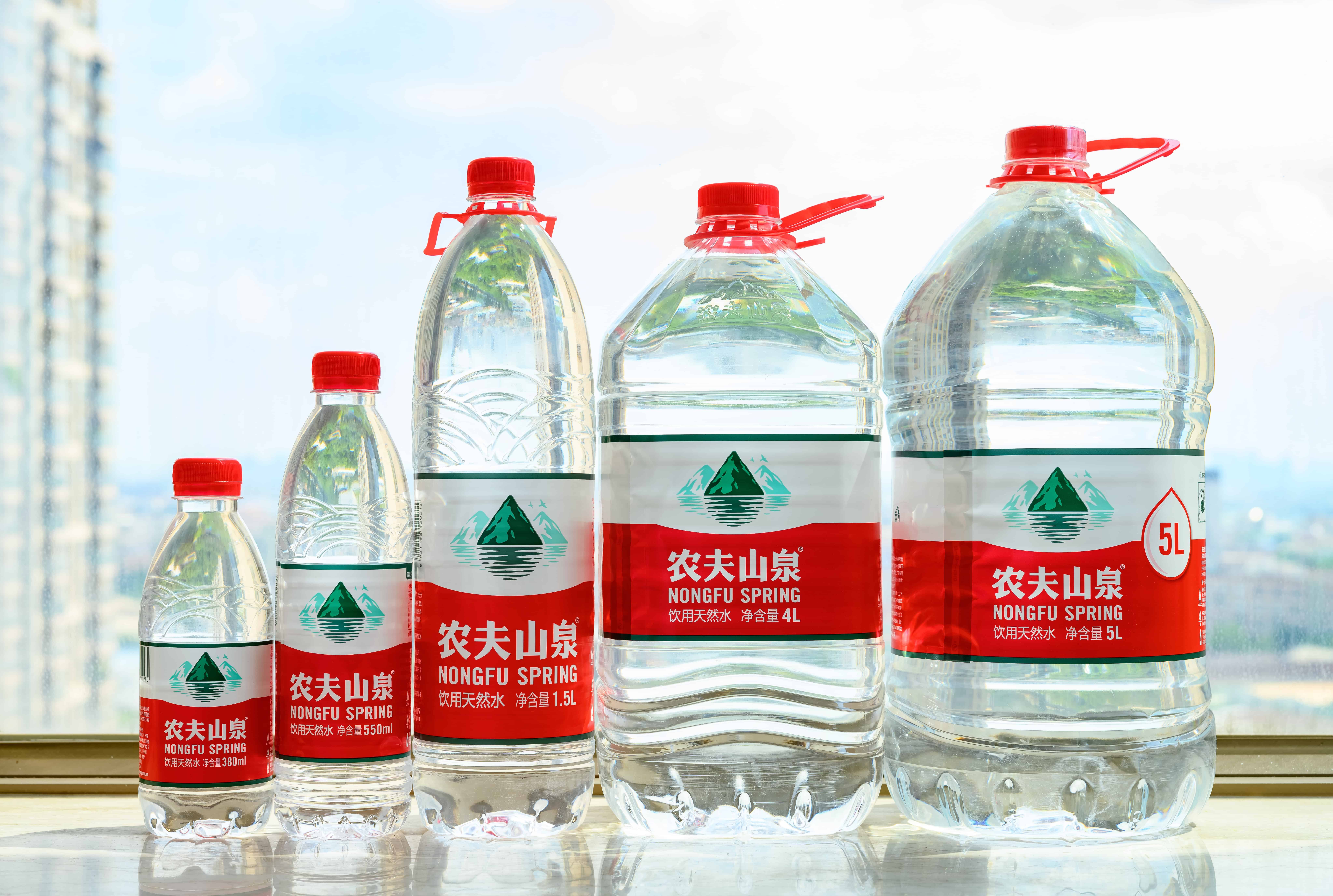The extraordinary rise of bottled water company Nongfu Spring has made its founder Zhong Shanshan one of China’s richest men. But these days, being a Chinese business success story doesn’t make you immune from criticism.
Earlier this year, the Zhejiang-based Nongfu was hit by a nationalistic online pile-on claiming its products are “pro-Japan” and questioning whether Zhong’s son has a foreign passport. The campaign shook the company’s stock value, testing the resilienc
Subscribe or login to read the rest.
Subscribers get full access to:
- Exclusive longform investigative journalism, Q&As, news and analysis, and data on Chinese business elites and corporations. We publish China scoops you won't find anywhere else.
- A weekly curated reading list on China from Andrew Peaple.
- A daily roundup of China finance, business and economics headlines.
We offer discounts for groups, institutions and students. Go to our
Subscriptions page for details.
Includes images from Depositphotos.com


